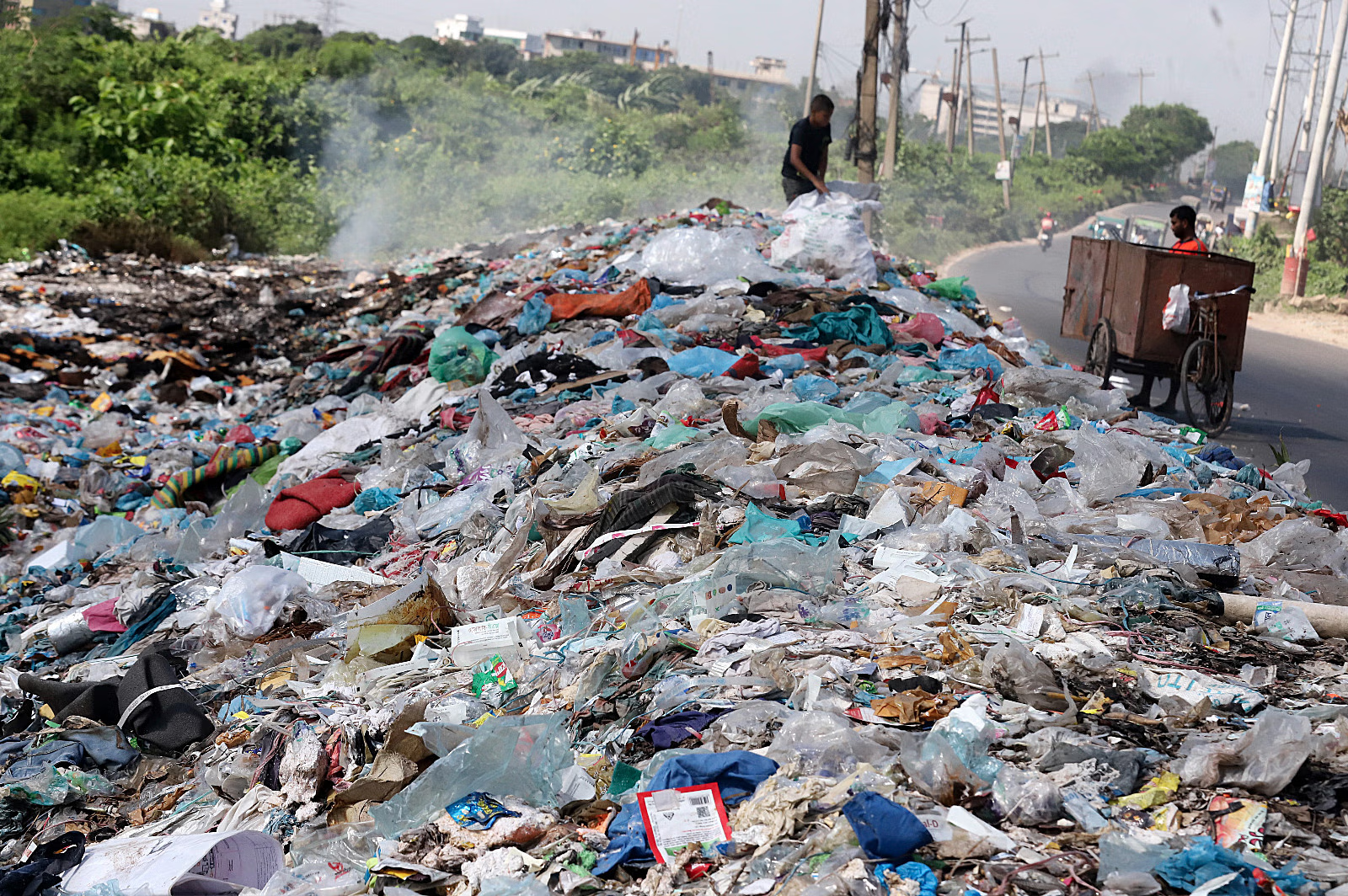The Coordinator to the Prime Minister on Climate Change emphasized the urgent need for collective action during her address after the Margalla Hills Half-Marathon.
In a resolute stand against plastic pollution, Romina Khurshid Alam, the Coordinator to the Prime Minister on Climate Change emphasized the urgent need for collective action during her address after the Margalla Hills Half-Marathon. Acknowledging plastic pollution as a chief contributor to environmental degradation, she underscored the formidable challenge posed by the country’s extensive use of plastic products.
Alam affirmed the government’s unwavering commitment to transforming the nation into a plastic-free entity through collaborative efforts with stakeholders. Speaking at the event jointly organized by the Ministry of Climate Change and Environmental Coordination, the Islamabad Wildlife Management Board, and several civil society organizations, Alam emphasized the pivotal role of the youth in this endeavor.
“The youth, our frontline contingent force, hold the key to ensuring a plastic-free environment,” Alam remarked, urging them to champion sustainable policies, cultivate skills in green industries, and actively participate in strategies to combat plastic pollution, which is a major source of environmental degradation in our country.
The Margalla Hills Half-Marathon, a 21-kilometer event aimed at raising awareness of climate change and plastic pollution, witnessed the participation of approximately 200 individuals across various age groups.
Alam underscored the critical role of educating and sensitizing young people about the adverse impacts of plastic pollution on both the environment and human health. She advocated for a shift in attitudes toward plastic consumption and the adoption of sustainable practices within communities.
“The journey towards a plastic-free society begins with individual awareness and collective action,” Alam emphasized, highlighting the need for dialogues with educational institutions and businesses to reduce reliance on single-use plastics.
Addressing the broader global context, Alam emphasized the disproportionate impact of plastic pollution on vulnerable communities. From production to disposal, these communities bear the brunt of pollution’s adverse effects, she noted.
Despite the severity of the crisis, Alam expressed optimism regarding the United Nations Global Treaty to End Plastic Pollution, highlighting widespread support from governments, businesses, and consumers. She emphasized the treaty’s potential to provide a framework for effective plastic waste management.
“The momentum for combating plastic pollution is growing, fueled by a collective resolve to safeguard our planet for future generations,” Alam asserted, urging all stakeholders to unite in this crucial endeavor.
The Margalla Hills Half-Marathon served not only as a platform for raising awareness but also as a call to action for individuals from all walks of life to join hands in addressing the pressing issue of plastic pollution. Alam concluded by expressing hope that the event would serve as a catalyst for environmental leadership and inspire tangible changes in plastic consumption habits across society.
As the world grapples with the escalating crisis of plastic pollution, Alam’s impassioned plea for concerted action resonates as a clarion call for global solidarity in safeguarding the planet’s ecological future.
